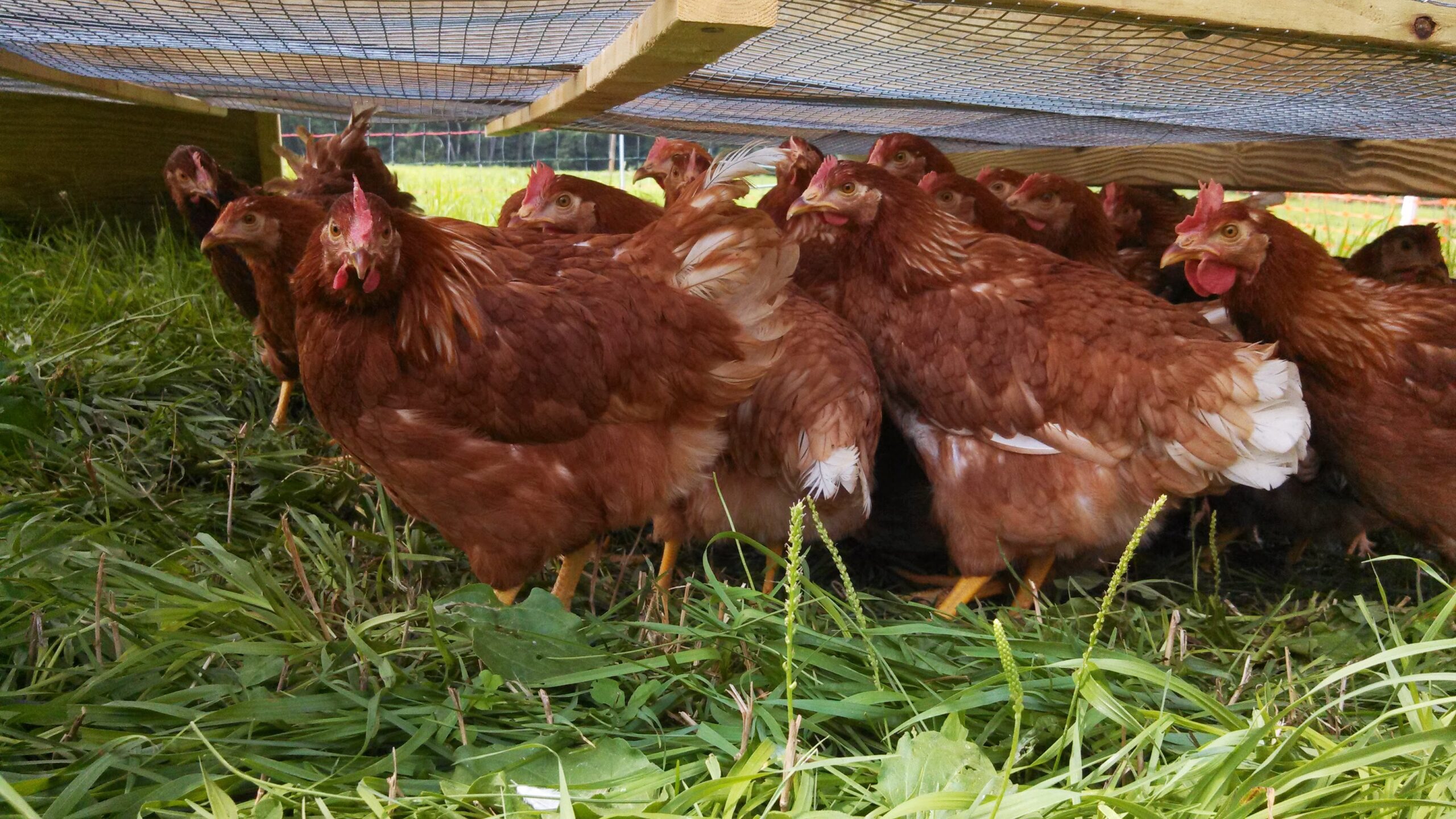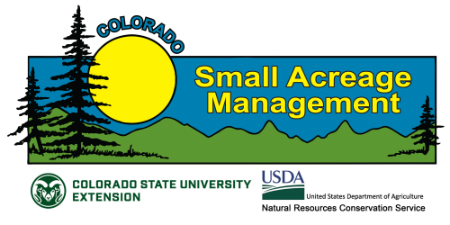
Highly Pathogenic Avian Influenza
Current updates
April 2024 update
Please refer to the Colorado Dept. of Ag website for reporting flocks in the Weld/Montrose quarantine zones, Colorado developments, situation reports, and webinars.
It is critical that sick or unusual bird deaths be reported.
USDA APHIS has published a FAQ on the situation with HPAI in dairy cattle as of March 29, 2024
As of April 1, 2024 Michigan and New Mexico have confirmed positve HPAI dairy cows. To read more about this case, click here.
One person working with TExas positive dairy cows has tested positive for HPAI. Read more by clicking here.
What is Highly Pathogenic Avian Influenza (HPAI)?
Avian influenza (AI) is a viral disease that can infect most domestic poultry (chickens, turkey, geese, ducks, pheasants, and guinea fowl) and wild waterfowl. AI occurs naturally in waterfowl and shorebirds without causing noticeable illness. Different strains of AI can be classified by their pathogenicity as either low pathogenicity or high pathogenicity. HPAI strains are extremely dangerous to domestic commercial and backyard flocks, causing sudden death, and rapidly spreading from flock to flock. HPAI is very infectious and lethal. There is no treatment or vaccination for HPAI.
Where has HPAI Been Found?
HPAI has been confirmed in a flocks in 47 states. For updated information about HPAI affected areas visit the APHIS website.
Symptoms of HPAI
Birds infected with HPAI may show one or more of the following signs:
- Sudden death without clinical signs
- Lack of energy or appetite
- Decreased egg production or soft-shelled or misshapen eggs
- Swelling of head, comb, eyelids, wattles, and hocks
- Purple discoloration of wattles, combs, and legs
- Nasal discharge, coughing, and sneezing
- Incoordination
- Diarrhea
From USDA-APHIS Defend the Flock
What to do to Prevent HPAI in your Backyard Flock
Now is the perfect time to review your biosecurity plan. Basics steps to keep your birds safe include:
- Keep domestic poultry and fowl away from interacting with wild waterfowl; keep birds under cover and away from areas where migratory, wild waterfowl congregate
- Keep visitors to a minimum
- Wash your hands before and after coming in contact with live poultry
- Change clothes before entering poultry area and before leaving the property
- Clean and disinfect tools
- Don’t kiss your chickens
- Know the signs of illness
- Report sick birds
Where to Report Sick or Dying Birds in Colorado
If you have sick or dying birds in your flock, immediately report to one of the resources below.
CDA State Veterinarian’s Office – (303)869-9130
CSU Avian Health Team – (970)297-4008
USDA Healthy Birds Hotline – (866)536-7593
Other Resources
Colorado Department of Ag – Reportable Diseases
CO Dept. of Ag Reportable Diseases webpage, includes of a list of all reportable diseases in the state of Colorado and how to report.
CSU – Avian Diagnostics
The Avian Diagnostics Lab at the CSU College of Veterinary Medicine and Biomedical Sciences that provides disease diagnostic services and education.
USDA-APHIS Defend the Flock Program
There are more poultry diseases than HPAI that can harm your flock. Learn the signs of common poultry illnesses and how you can defend your flock against them.
USDA-APHIS HPAI Webpage
The APHIS page containing formation about AI prevention, control, current HPAI findings, past findings, and response procedures.
Small and Backyard Poultry Extension
National Extension website with resources on all aspects of backyard poultry matters.




